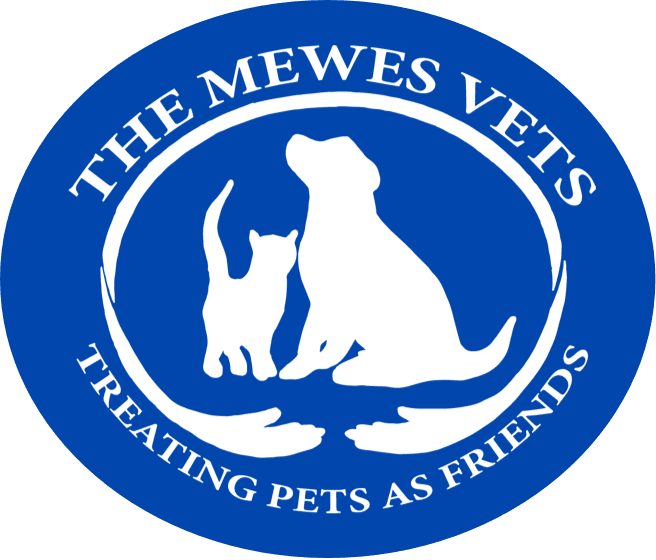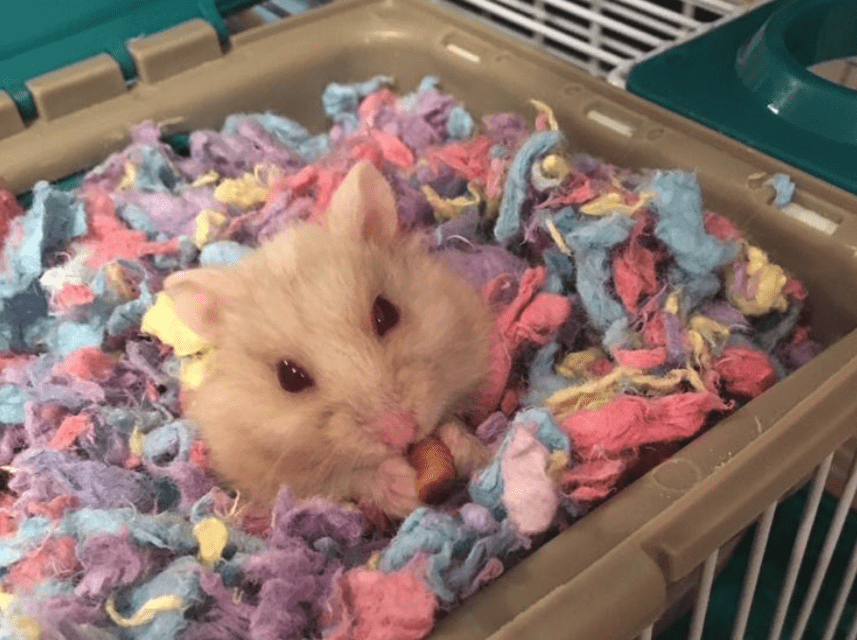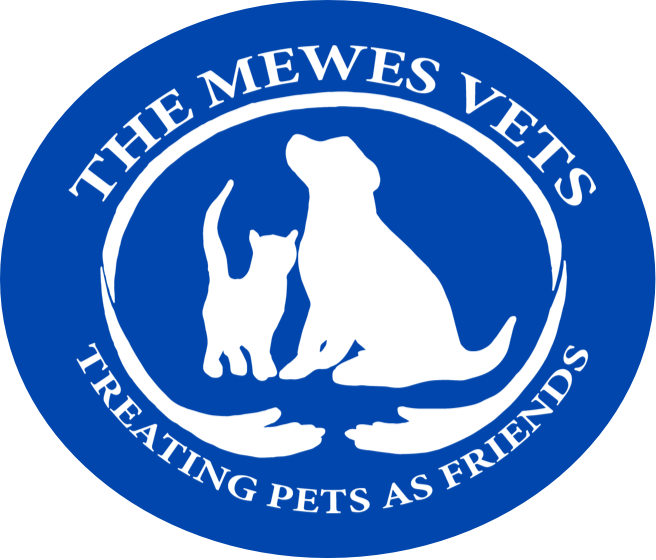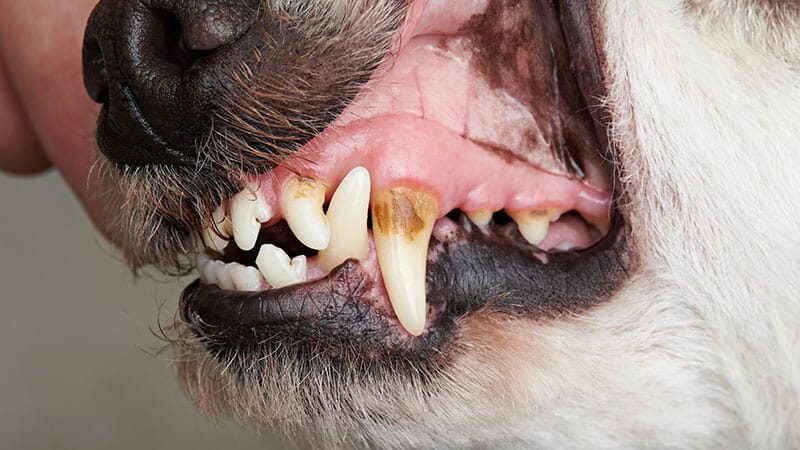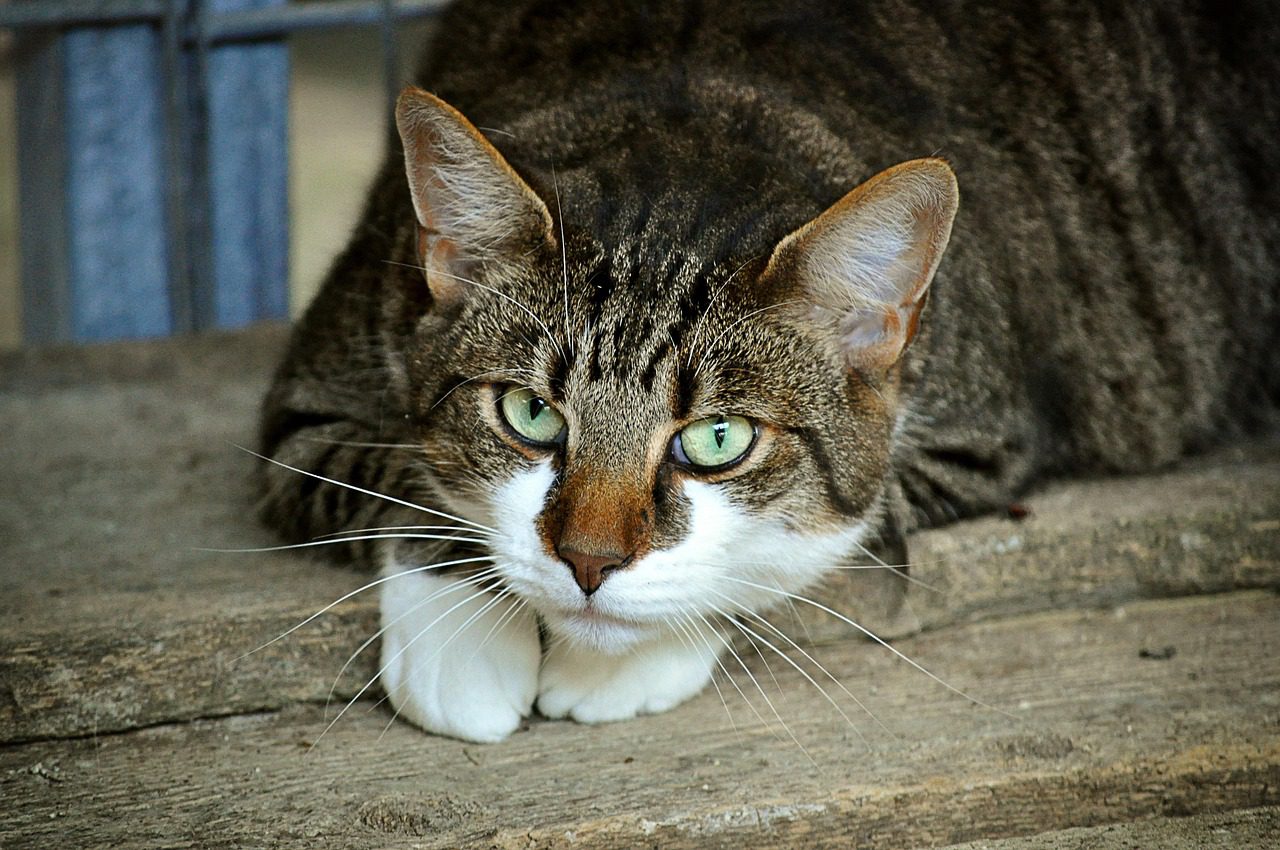This month is National Pet Month, in which we celebrate our lives with our pets, and promote responsible pet ownership.
It reminds me of my fourth year at University, when we finally started getting hands-on with pet topics.
Our very first assignment was to write an essay on the reproductive cycle of one species. We were asked to grab a post-it note with a species on, so I entered the scrum hoping for the ‘horse’. At that time I thought I was going to be an equine vet. And horses are an elegant, proud species. But that had already gone, so I grabbed ‘donkey’, definitely a poor-relation in comparison, but at least an equid.
However, another student called Alex begged me to swap with her, as she said she was mad about donkeys. This left me with ‘hamster’, a come-down to my pride which I tried to swallow with dignity.
But it all turned out well, as I have evolved into a pet vet. I often treat hamsters with reproductive problems, so this early essay proved useful after all, and Alex has spent her entire career working as the vet at a donkey sanctuary in Devon!
Did you know that hamsters are not full vegetarians? In the wild they enjoy a bug or two, if the opportunity arises. They are hoarders, stuffing their cheeks to carry spare supplies back to their nests. Keep an eye on these hoards, cleaning them out regularly, to prevent mould.
Avoid seeds, which are not good for them, and especially be aware that almonds, cabbage, garlic and rhubarb will make them unwell. Avoid giving them any human treats such as chocolate or biscuits!
Hamsters can become loving and confident pets, but need time to adapt in a new home. They may nip if they sense they are at risk, or are feeling under-confident. Go slowly with handling – a little every day to build up their sense of security in you, but keep away if you have a cold. They are prone to catching respiratory infections.
Hamsters need something to gnaw their teeth down on, and their cages should be freshened up every day. And they need lots of exercise in a safe environment.
